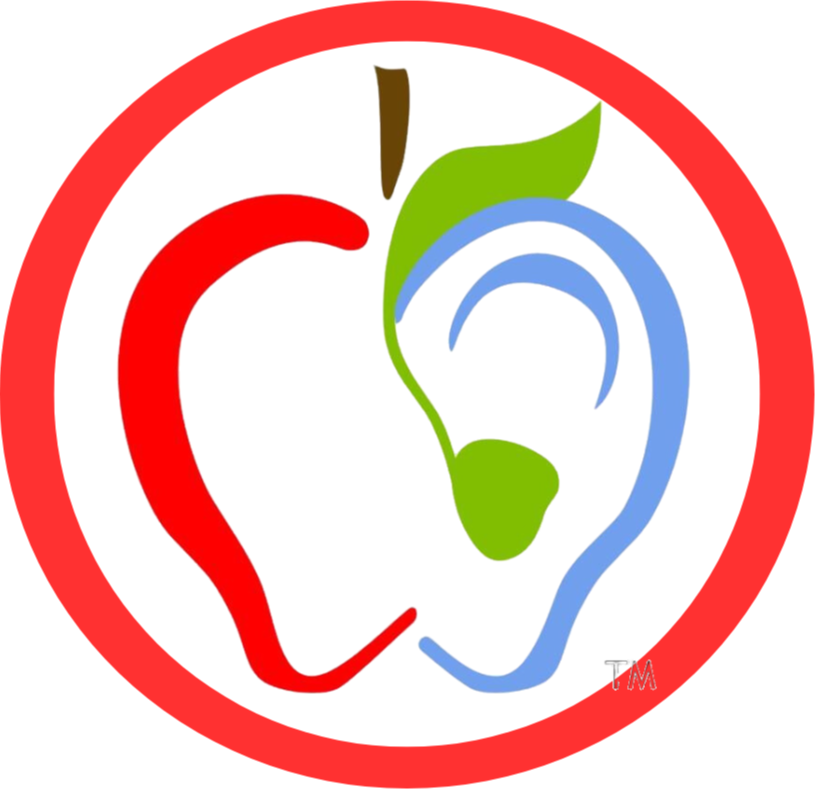Celebrating Pride and Being an Ally for Queer DHH Students
Jun 16, 2022Our caseloads of deaf/hard of hearing students are very diverse and no one student is ever the same. As our world continues to change to be more inclusive (in many ways), it is important to acknowledge that our diverse caseloads probably also include queer deaf students. June is Pride Month, and our team at The Online Itinerant wanted to share some resources and ideas for being an ally to the queer deaf community and educate educators that may not be familiar with things like pronouns. Let’s start with the basics. Here, Chella Man and Nyle Dimarco share what it is like being queer and deaf for them. Nyle Dimarco and Chella Man on Being Queer and Deaf | Them.
Queer Signs
Rogan Shannon on YouTube shared a great video on queer signs if you would like to educate yourself. Here’s another from Chella Man and Nyle Dimarco.
Pronouns
ASL does not have gendered pronouns, but in English, many people (queer or not) have begun sharing pronouns when they introduce themselves, along with listing them in titles or email signatures, creating a more inclusive environment. Another way to be more inclusive is to use gender neutral signs. Rogan Shannon also shares a video on a few different inclusive signs here.
Encouraging Connection
Social media has opened up a door to many connections, including Facebook groups, which can support otherwise isolated individuals feel they belong.
-Deaf Queer Resource Center
-Deaf Queers and Allies
-Additional Regional Groups shared here
Be an Ally and Friend
If you are looking for general ways to be an ally as an educator (and human!) here are some things that GLAAD.org shared about being an ally and friend to the LGBTQIA community:
- Be open-minded.
- Be a listener.
- Be willing to talk.
- Be inclusive and invite LGBT friends to hang out with your friends and family.
- Don't assume that all your friends and co-workers are straight. Someone close to you could be looking for support in their coming-out process. Not making assumptions will give them the space they need.
- Anti-LGBT comments and jokes are harmful. Let your friends, family and co-workers know that you find them offensive.
- Confront your own prejudices and bias, even if it is uncomfortable to do so.
- Defend your LGBT friends against discrimination.
- Believe that all people, regardless of gender identity and sexual orientation, should be treated with dignity and respect.
- If you see LGBT people being misrepresented in the media, contact glaad.org.

